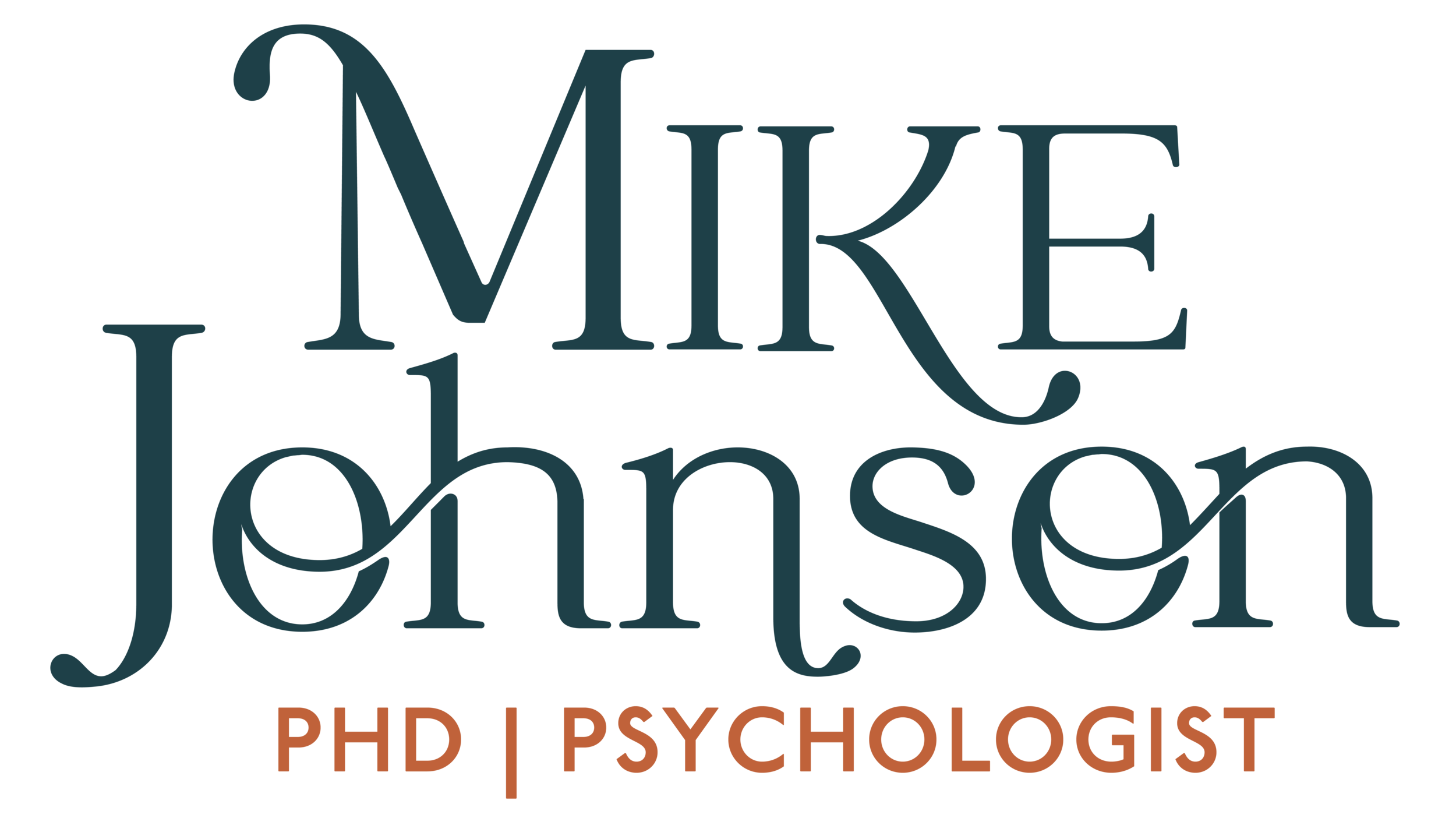What's The Matter With a Little Humility?
Discover how humility can help you be a better human and live a more fulfilling life.
Perhaps you’ve noticed that our culture places a lot of value on external accomplishments, looks, or status. Luckily, humility can help us transcend self-preoccupation and pursue connectedness.
According to researchers (Tangney, 2000), humility has several different characteristics:
Willingness to see yourself accurately
Having an accurate perspective of your place in the world
Having the ability to acknowledge personal mistakes and limitations
Having an open mind
Having less focus on oneself
Having an appreciation of the value of all things
Even though humility is sometimes interpreted to be low self-esteem, this is not really what it is. To be humble does not mean to have a low opinion of yourself, but rather to have an accurate opinion of yourself and to put your accomplishments into perspective. For example, it means acknowledging your strengths but not overemphasizing them (Templeton, 1997). In other words, it might be thought of as “a quiet ego” (Hill & Laney, 2016).
The opposite of humility is something like arrogance. Arrogance is “the belief that we are wiser or better than others. Arrogance promotes separation rather than community.” (Templeton, 1997, p. 163).
Humble people don’t want to impress or dominate others or have an exaggerated sense of self-importance. They are more open to ideas or information different from their own views because they feel comfortable admitting that they don’t possess the absolute truth and have limitations themselves (Hill & Laney, 2016).
Why Is Humility Good?
Intellectual humility means recognizing the limits of one’s own knowledge (Kross & Grossmann, 2012). It also means being open to new ideas and perspectives as well as being willing to change your mind or be receptive to new sources of knowledge and evidence. For example, research shows that humility is associated with openness during a disagreement (Porter & Schumann, 2017) and being a better learner (Porter et al., 2020).
Humility can be helpful when talking about delicate topics such as religion and politics, as people who are high in this trait are more likely to be more tolerant toward other religions and less likely to perceive their religious views as superior (Porter & Schumann, 2017; Leary et al., 2017).
Humility is also a sought-after quality in leaders. Google’s VP in charge of hiring said that it is one of the top qualities he looks for in a candidate. He argues that “without humility, you are unable to learn,” which is important when solving any problem because sometimes a person might have to have the “humility to step back and embrace the better ideas of others” (Friedman, 2014). This example highlights not only how humility can make you a better leader but also how it is, unfortunately, a rare quality.
In Sum
Humility is a beneficial characteristic that can help you foster better social connections and enhance your well-being. By striving to be more humble you may also feel more accepting of your place in this world.
References
Friedman, T. (2014, February 22). How to get a job at Google. New York Times.
Hill, P. C., & Laney, E. K. (2016). Beyond self-interest: Humility and the quieted self. Oxford handbook of hypo-egoic phenomena: Theory and research on the quiet ego, 243-256.
Kross, E., & Grossmann, I. (2012). Boosting wisdom: Distance from the self enhances wise reasoning, attitudes, and behavior. Journal of Experimental Psychology: General, 141(1), 43.
Leary, M. R., Diebels, K. J., Davisson, E. K., Jongman-Sereno, K. P., Isherwood, J. C., Raimi, K. T., ... & Hoyle, R. H. (2017). Cognitive and interpersonal features of intellectual humility. Personality and Social Psychology Bulletin, 43(6), 793-813.
Porter, T., & Schumann, K. (2017). Intellectual humility and openness to the opposing view. Self and Identity, 17(2), 139-162.
Porter, T., Schumann, K., Selmeczy, D., & Trzesniewski, K. (2020). Intellectual humility predicts mastery behaviors when learning. Learning and Individual Differences, 80, 101888.
Tangney, J. P. (2000). Humility: Theoretical perspectives, empirical findings and directions for future research. Journal of Social and Clinical Psychology, 19(1), 70-82.
Templeton, J. M. (1997). Worldwide laws of life. Philadelphia: Templeton Foundation Press.

